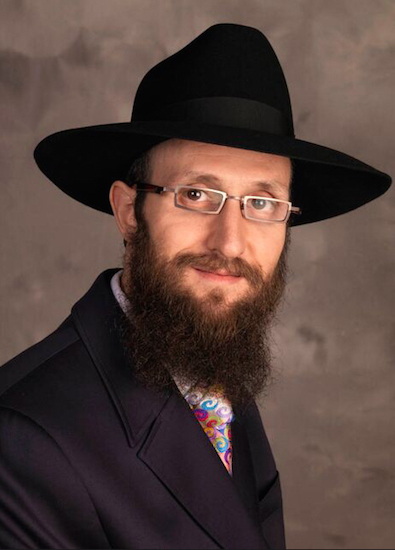Orthodox groups, Brooklyn rabbis endorse coronavirus vaccines

As the two coronavirus vaccines are being distributed around the country, the two major Orthodox Jewish religious organizations have put out a statement urging their members to take the vaccines. In addition, some Brooklyn Orthodox rabbis have responded positively to it.
The statement, put out in mid-December by the Orthodox Union and the Rabbinical Council of America, says that “the consensus of our major poskim (rabbis who make decisions based on Halacha, or traditional religious law) is to encourage us to use vaccinations to protect ourselves and others from disease.”
The statement also says that “we strongly encourage all those eligible to access the COVID-19 vaccination to do so. We hope and pray that such steps will help bring to an end the tragic toll that the pandemic has taken on our community and beyond.” It adds that strategies such as social distancing, hand hygiene and wearing masks “must continue to be followed until public health recommendations advise otherwise.”

Brooklyn Boro
View MoreNew York City’s most populous borough, Brooklyn, is home to nearly 2.6 million residents. If Brooklyn were an independent city it would be the fourth largest city in the United States. While Brooklyn has become the epitome of ‘cool and hip’ in recent years, for those that were born here, raised families here and improved communities over the years, Brooklyn has never been ‘uncool’.